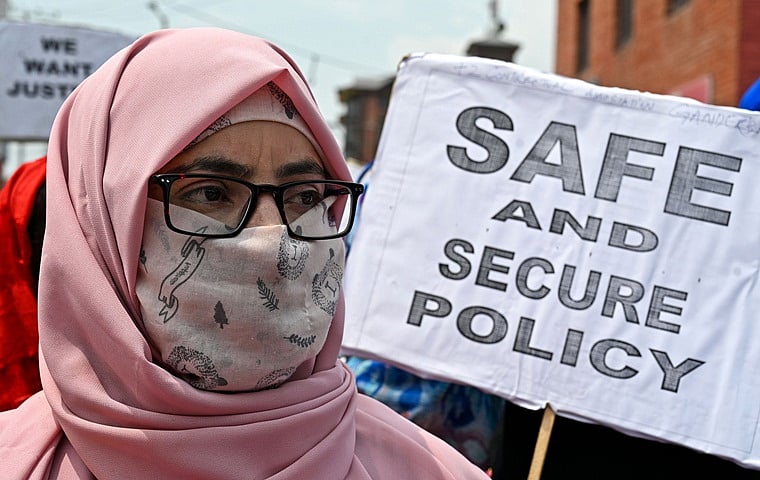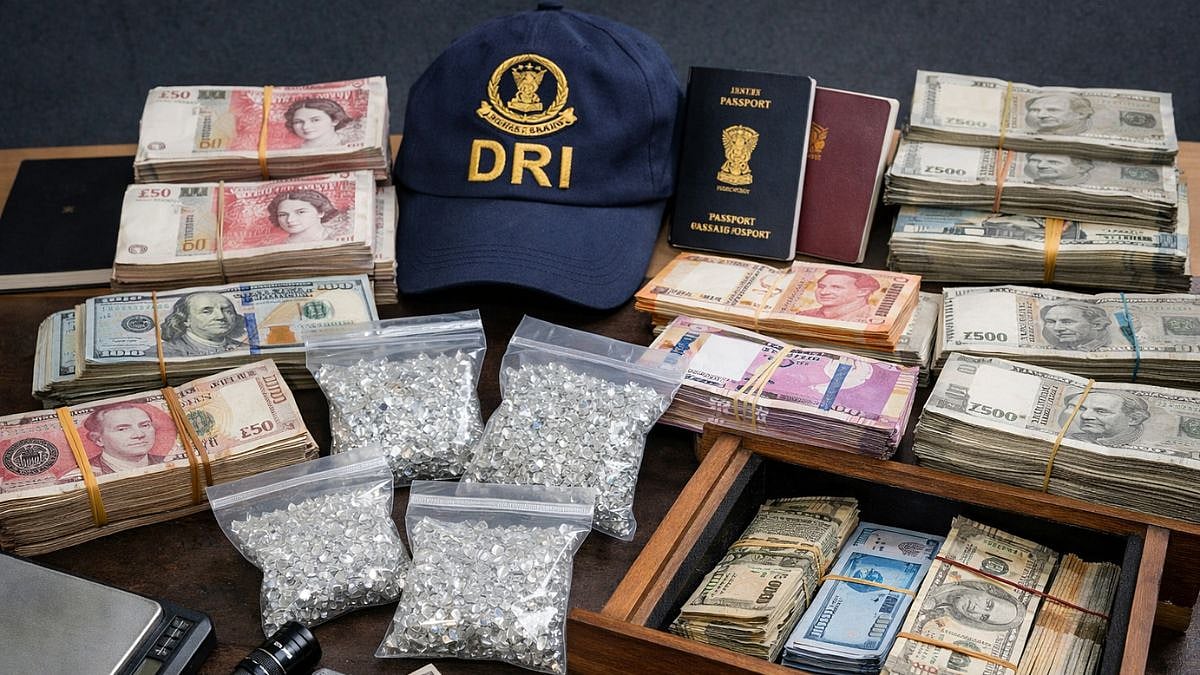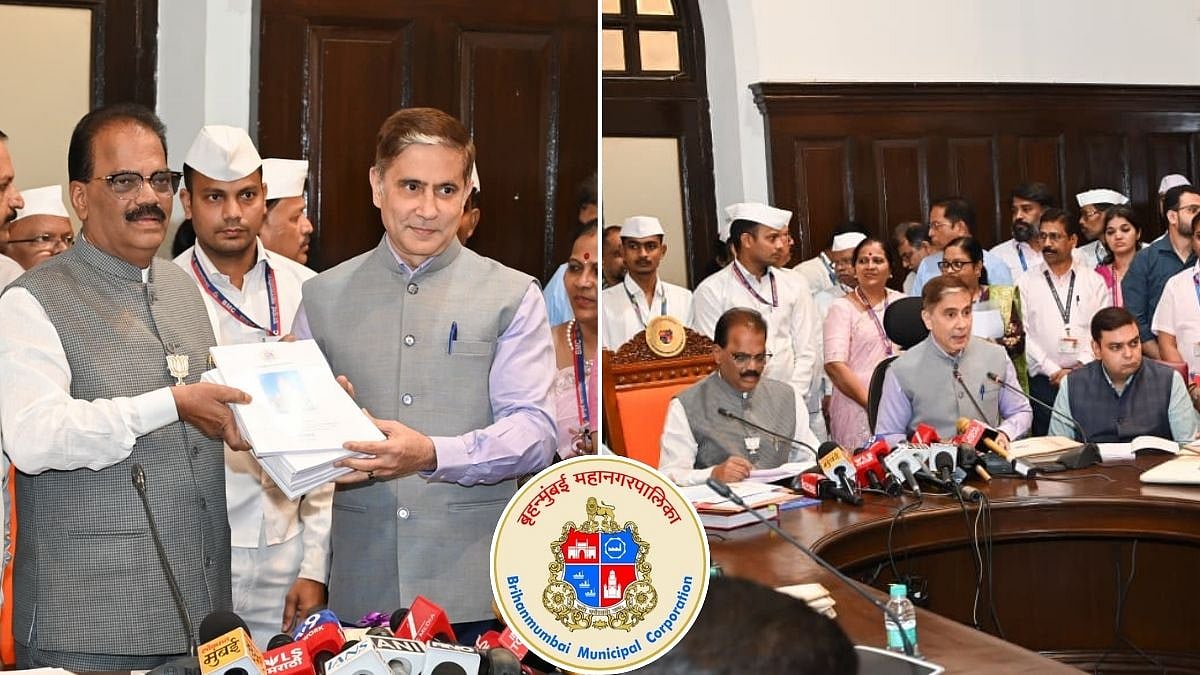Article 35A has been in headlines for quite some time now. While the Narendra Modi-led government is mulling to make changes in the Article, the opposition has been fighting tooth and nail against it.
Even as the new BJP government explores all options to bring an end to the brutal cage match taking place in Kashmir, with the setting up of a delimitation commission as one of the prongs available on the table to correct the regional disparity, it is actively taking a view on the contentious Article 35A which prevents mobility and greater integration with the Union of India. In its election manifesto for the hustings that concluded recently, the BJP laid bare its thought process on the sensitive issue. The manifesto said, "In the last few years, we have made all necessary efforts to ensure peace in Jammu and Kashmir through decisive actions and a firm policy. We are committed to overcome all obstacles that come in the way of development and provide adequate financial resources to all the regions of the state."
What is Article 35A which has everyone in a state of frenzy? Does it impact Kashmir Nationalism in any way?
It is a provision incorporated in the Constitution giving J&K legislature the right to decide who all are 'permanent residents' of the State and confer on them special rights and privileges in public sector jobs, acquisition of property in the State, scholarships and other public aid and welfare. The provision mandates that no act of the legislature coming under it can be challenged for violating the Constitution or any other law of the land.
It was incorporated into the Constitution in 1954 by an order of the then President Rajendra Prasad on the advice of the Jawaharlal Nehru Cabinet. The controversial Constitution (Application to Jammu and Kashmir) Order of 1954 followed the 1952 Delhi Agreement entered into between Nehru and the then Prime Minister of Jammu and Kashmir Sheikh Abdullah, which extended Indian citizenship to the 'State subjects' of Jammu and Kashmir.
The Presidential Order was issued under Article 370 (1) (d) of the Constitution. This provision allows the President to make certain "exceptions and modifications" to the Constitution for the benefit of 'State subjects' of Jammu and Kashmir. Ergo, Article 35A was added to the Constitution as a testimony of the special consideration the Indian government accorded to the 'permanent residents' of Jammu and Kashmir.
Significantly, the legislative or parliamentary route was bypassed with the Presidential Order which incorporated Article 35A into the Constitution. Article 368 (i) of the Constitution empowers only Parliament to amend the Constitution.
Since Article 35A was never debated and passed into law by Parliament, is it infructuous or null and void?
A five-judge Bench of the Supreme Court in its March 1961 judgment in Puranlal Lakhanpal vs The President of India discusses the President's powers under Article 370 to 'modify' the Constitution. Though the court observes that the President may modify an existing provision in the Constitution under Article 370, the judgment is silent as to whether the President can, without the Parliament's knowledge, introduce a new Article. This question thus remains open.
A writ petition filed by NGO We the Citizens challenges the validity of both Article 35A and Article 370. It argues that four representatives from Kashmir were part of the Constituent Assembly involved in the drafting of the Constitution and the State of Jammu and Kashmir was never accorded any special status in the Constitution. Article 370 was only a 'temporary provision' to help bring normality in Jammu and Kashmir and strengthen democracy in that State, it contends.
The Constitution-makers did not intend Article 370 to be a tool to bring permanent amendments, like Article 35A, in the Constitution. The petition said Article 35A is against the "very spirit of oneness of India" as it creates a "class within a class of Indian citizens". Restricting citizens from other States from getting employment or buying property within Jammu and Kashmir is a violation of fundamental rights under Articles 14, 19 and 21 of the Constitution.
Why are Kashmiris protesting?
The article is seen in the state a primary bridge between the Union and the state and its challenge in the apex court is viewed as an attempt to impinge upon the special rights enjoyed by the J&K people. Ironically, the cause has garnered a united stand from both separatist and mainstream political organisations in the state.
While the separatists have called for a two day shutdown, parties like JKNC and PDP have held demonstrations in the state against any attempt to alter the article’s significance. Additionally, trade union bodies, civil society groups and professional bodies in the state have come out in support of the Article. As the Supreme Court starts to hear the matter in Delhi, people in Kashmir will be closely tracking the developments.




